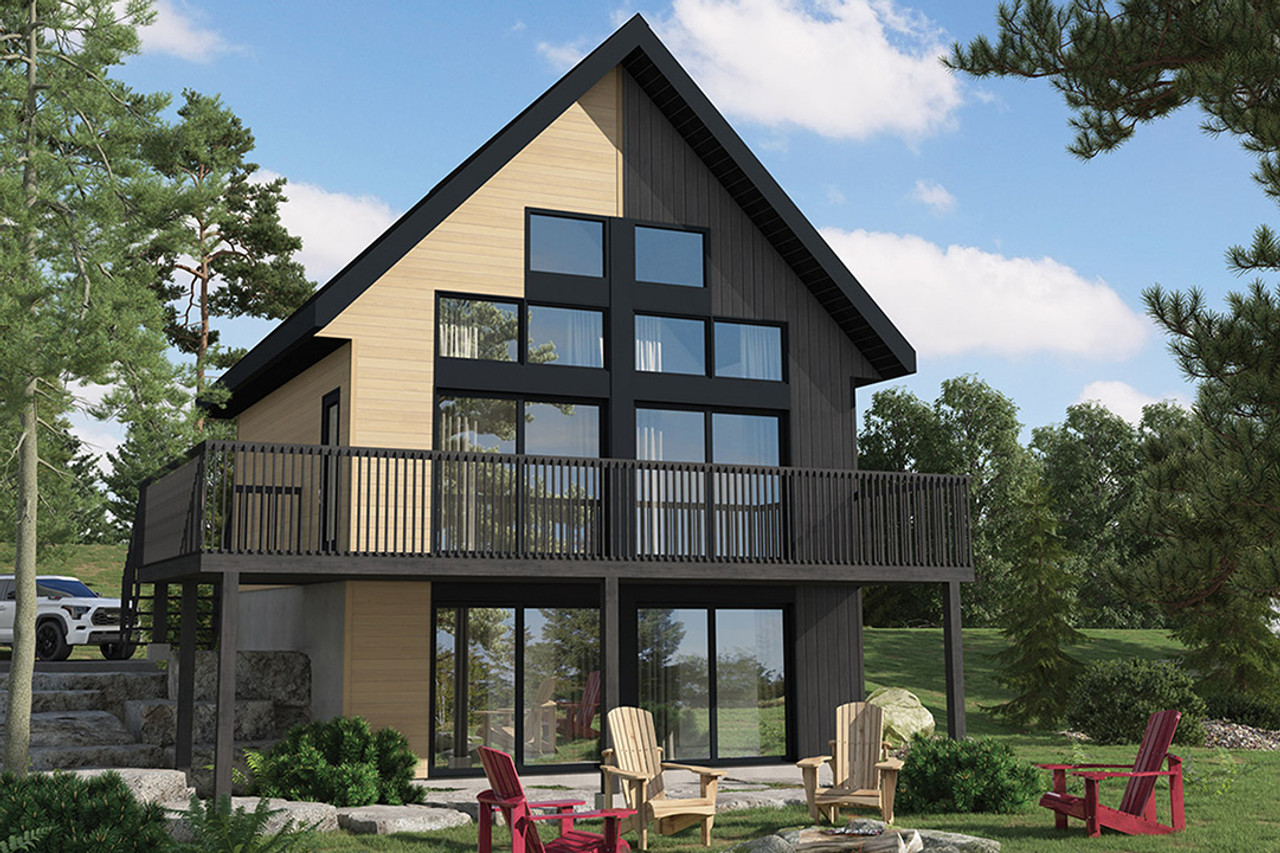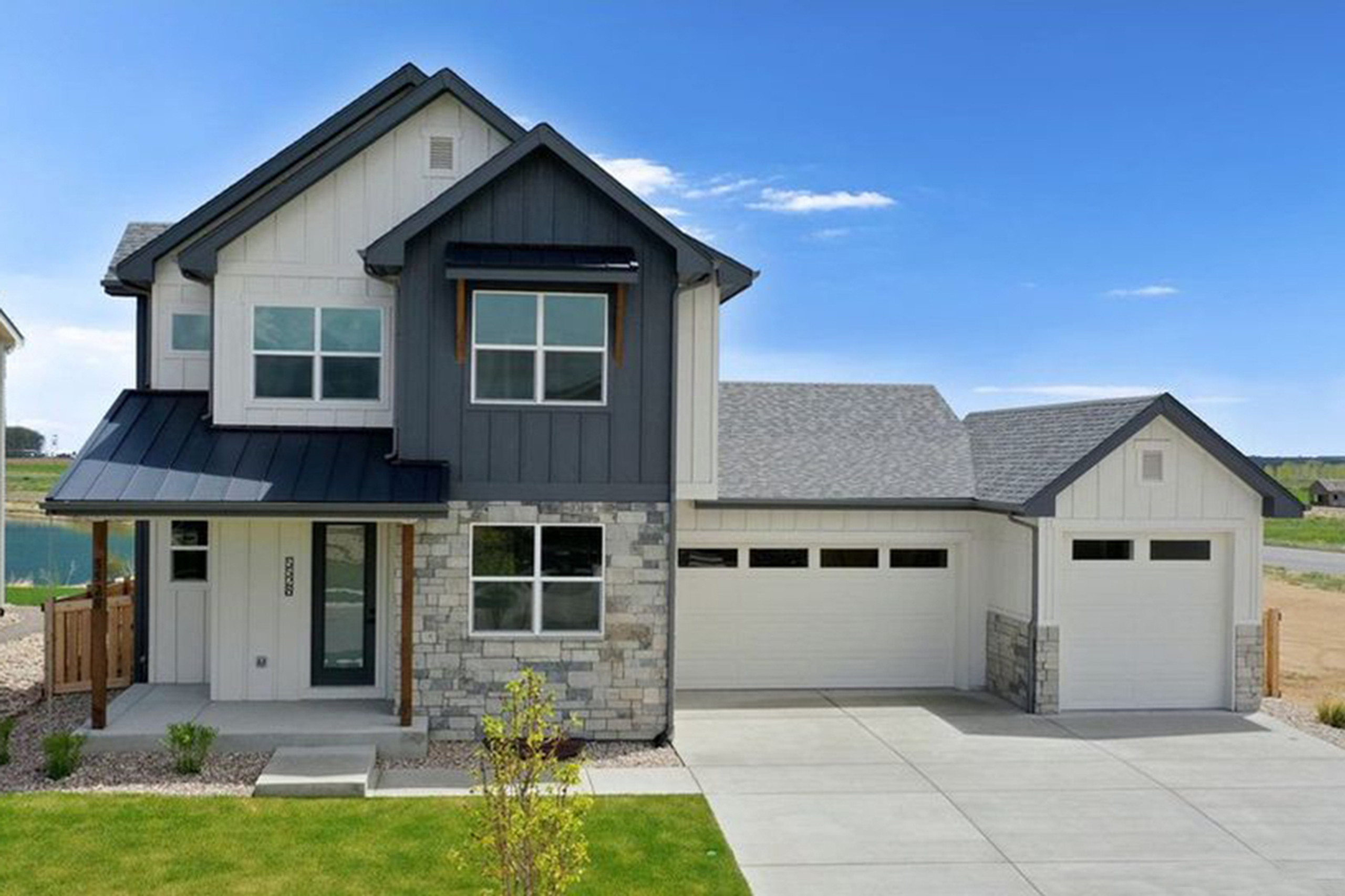In the realm of home construction, the decision to include a basement foundation carries significant weight. It’s not merely a choice of adding extra square footage but a fundamental structural decision that can profoundly impact the functionality, aesthetics, and even the resale value of a property. As homeowners ponder over floor plans and architectural blueprints, the question of whether to build on a basement foundation looms large, fraught with both promise and potential pitfalls.
Understanding the Foundations: Partial, In-Ground, Daylight, and Walk-Out Basements
Before delving into the considerations, it’s essential to grasp the different types of basement foundations.
- Partial Basement: This type of basement typically only extends under a portion of the house. It might be used for storage, utilities, or as a recreational space.
- In-Ground Basement: As the name suggests, this type of basement is fully submerged beneath the ground level of the house, providing significant additional living or storage space.
- Daylight Basement: Also known as a walk-out basement, this type features at least one side that is partially above ground, allowing for natural light to enter and often leading directly to a backyard or patio area.
The Pros and Cons of Basement Foundations
As we navigate the depths of basement foundations, it's crucial to weigh the
benefits and drawbacks they bring to the table. From providing extra living
space to potential moisture concerns, these structural choices can
significantly impact the overall functionality and value of a home. Now, let's
delve deeper into the specific advantages and disadvantages of basement
foundations.
Pros of Floor Plans with Basements:
- Additional Living Space: Basements offer valuable extra square footage, which can be utilized for various purposes such as recreational rooms, home theaters, or guest suites.
- Storage: They provide ample storage space for seasonal items, household tools, and equipment, freeing up other areas of the house.
- Potential for Expansion: Basements can be finished at a later date to accommodate changing needs, providing flexibility for growing families or evolving lifestyles.
- Insulation and Energy Efficiency: Underground spaces tend to maintain a more consistent temperature, leading to potential energy savings and improved insulation.
- Increased Property Value: A well-designed and finished basement can significantly enhance the resale value of a home, appealing to a broader range of potential buyers.
Cons of Basement Foundations:
- Moisture and Dampness: Basements are prone to issues such as moisture infiltration and dampness, which can lead to mold growth, musty odors, and structural damage if not properly addressed.
- Limited Natural Light: In-Ground basements, in particular, can suffer from a lack of natural light, creating a potentially dark and gloomy atmosphere that may require additional lighting fixtures.
- Cost of Construction: Building a basement foundation is typically more expensive than constructing a slab-on-grade or crawlspace foundation, due to excavation and additional materials required.
- Potential for Flooding: Basements are susceptible to flooding, especially in areas prone to heavy rainfall or poor drainage, necessitating the installation of sump pumps and waterproofing measures.
- Maintenance Challenges: Basements may require regular maintenance to address issues such as cracks in the foundation, plumbing leaks, or HVAC system malfunctions.
Basement Foundation Considerations for Homeowners: Key Factors to Evaluate
With an understanding of the various types of basement foundations and their pros and cons, homeowners can now focus on the critical considerations that will shape their decision-making process. From budgetary constraints to future plans for the space, each aspect requires careful thought and evaluation. Let's explore these considerations in detail to help homeowners make informed choices about their basement foundation options.
- Budget: Consider the upfront costs of building a basement foundation, as well as ongoing maintenance expenses.
- Site Conditions: Evaluate the soil composition, water table levels, and drainage patterns to assess the feasibility and potential risks of a basement foundation.
- Intended Use: Determine how you plan to use the basement space and whether it aligns with your lifestyle and needs.
- Climate: Take into account the climate of your region and how it may impact the comfort and functionality of a basement.
- Resale Value: Consider the potential impact of a basement foundation on the resale value of your home and whether it aligns with market trends and buyer preferences.
Navigating the Depths of Basement Foundations with The House Plan Company
While basement foundations offer undeniable benefits in terms of additional living space, storage, and potential resale value, they also come with their share of challenges such as moisture issues, limited natural light, and maintenance requirements. Homeowners must carefully weigh these factors against their budget, site conditions, intended use, climate, and long-term goals before committing to a floor plan with a basement foundation. Whether opting for a basement or not, The House Plan Company provides a comprehensive selection of dream plans to suit every homeowner’s needs and preferences, ensuring that their vision for the perfect home becomes a reality.
As you embark on the journey to find the perfect floor plan for your dream
home, look no further than The House Plan Company. Our extensive portfolio
offers a diverse range of meticulously crafted designs to suit every lifestyle
and preference. Whether you envision a home with or without a basement
foundation, our collection has something for everyone. Explore our plans today
and take the first step towards bringing your vision to life!



